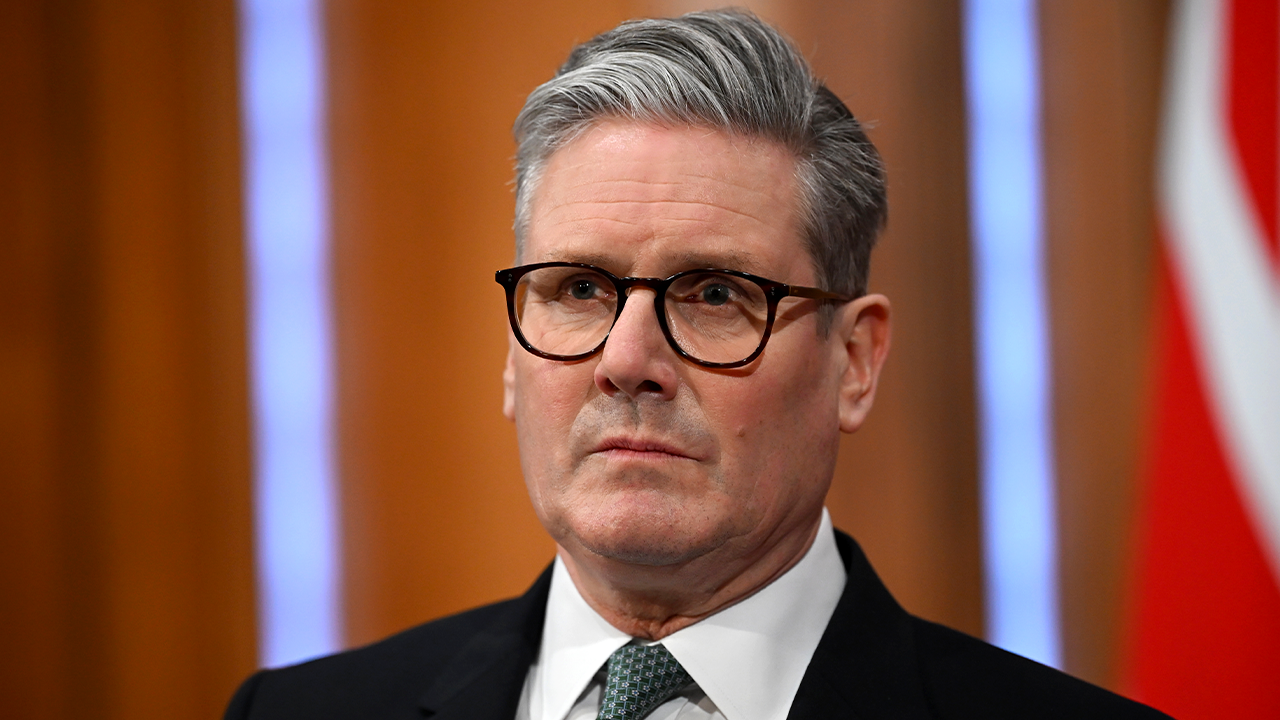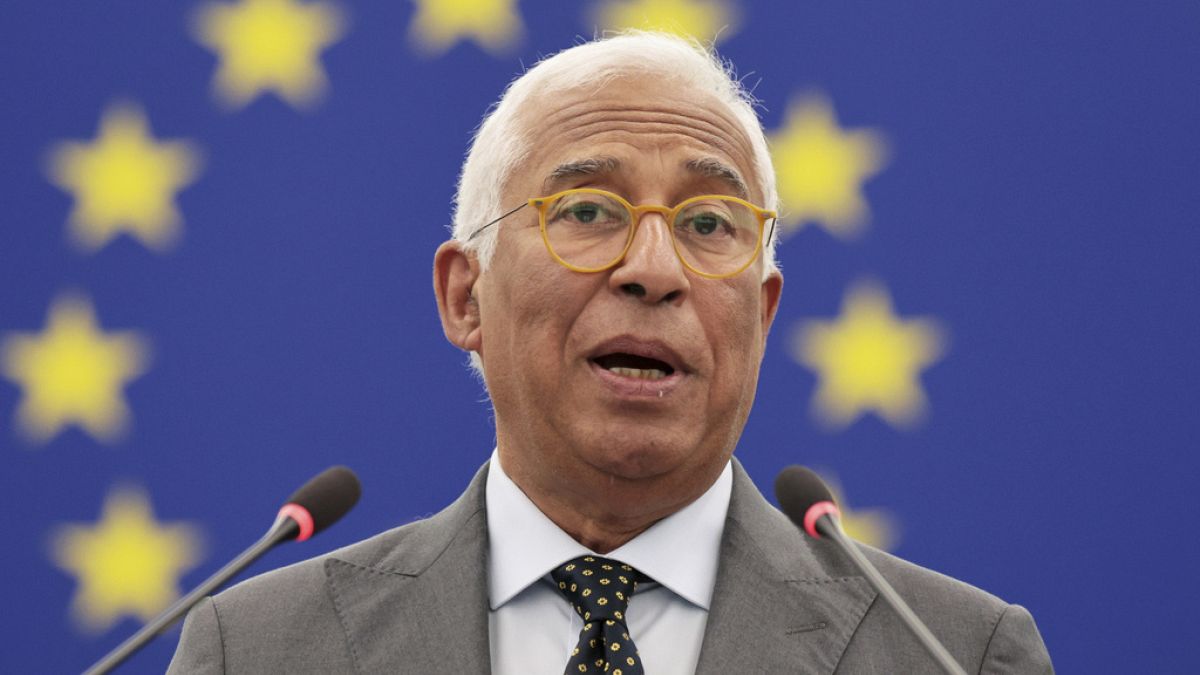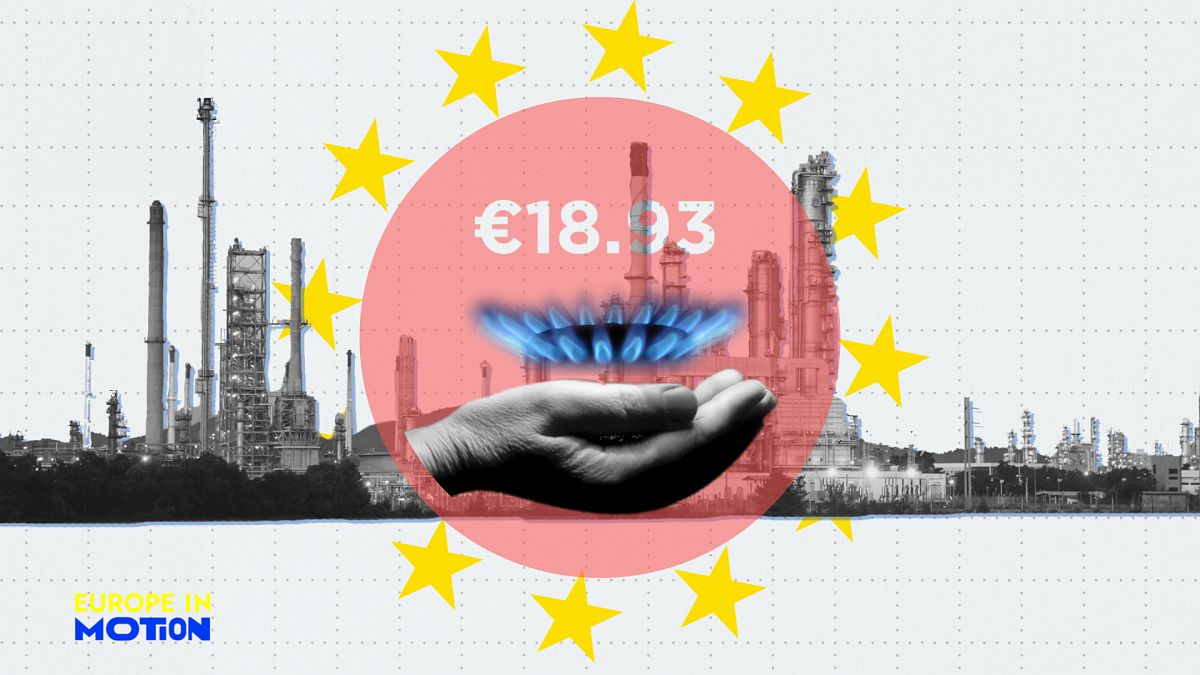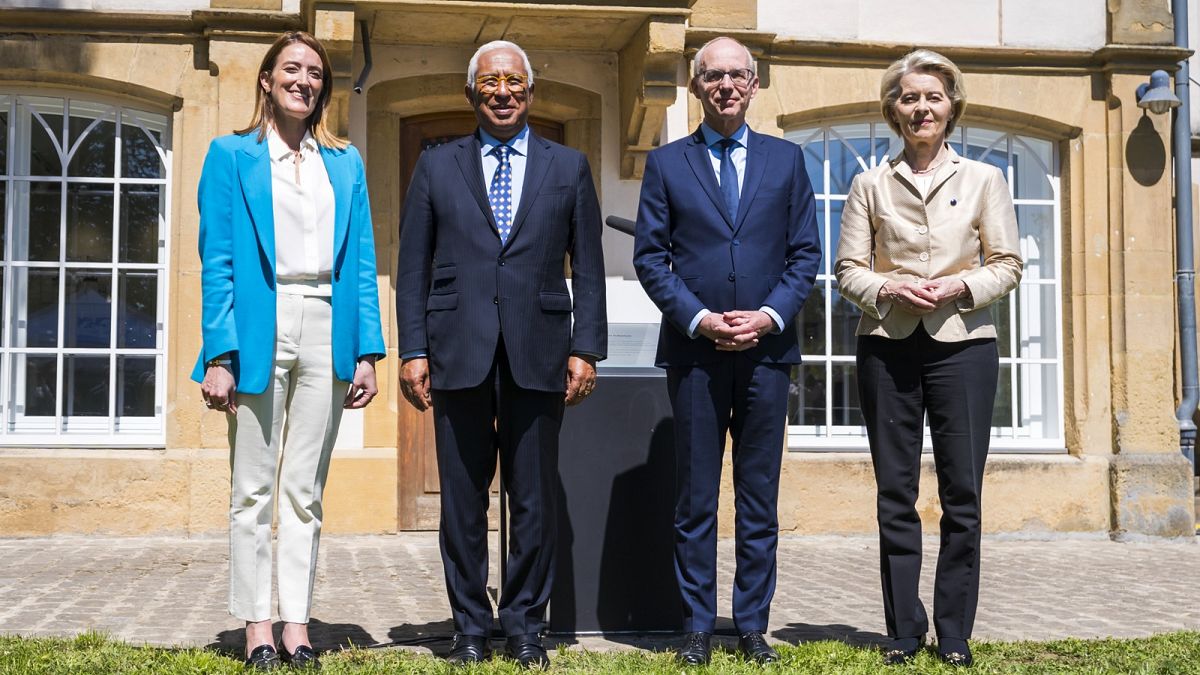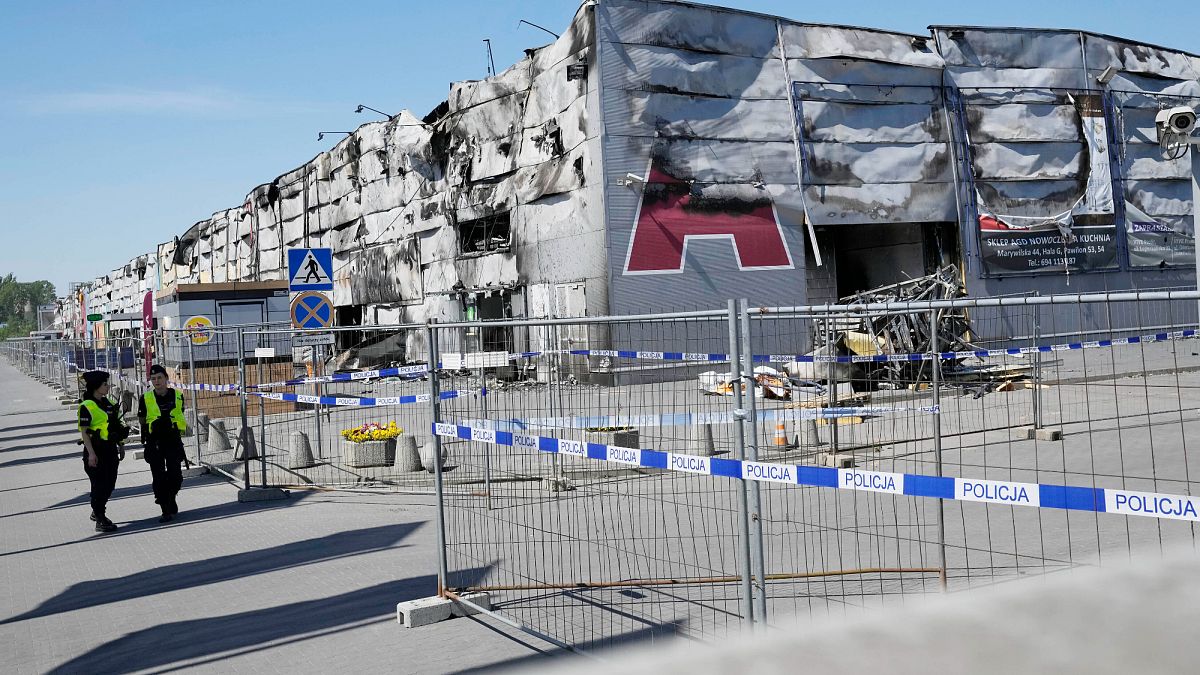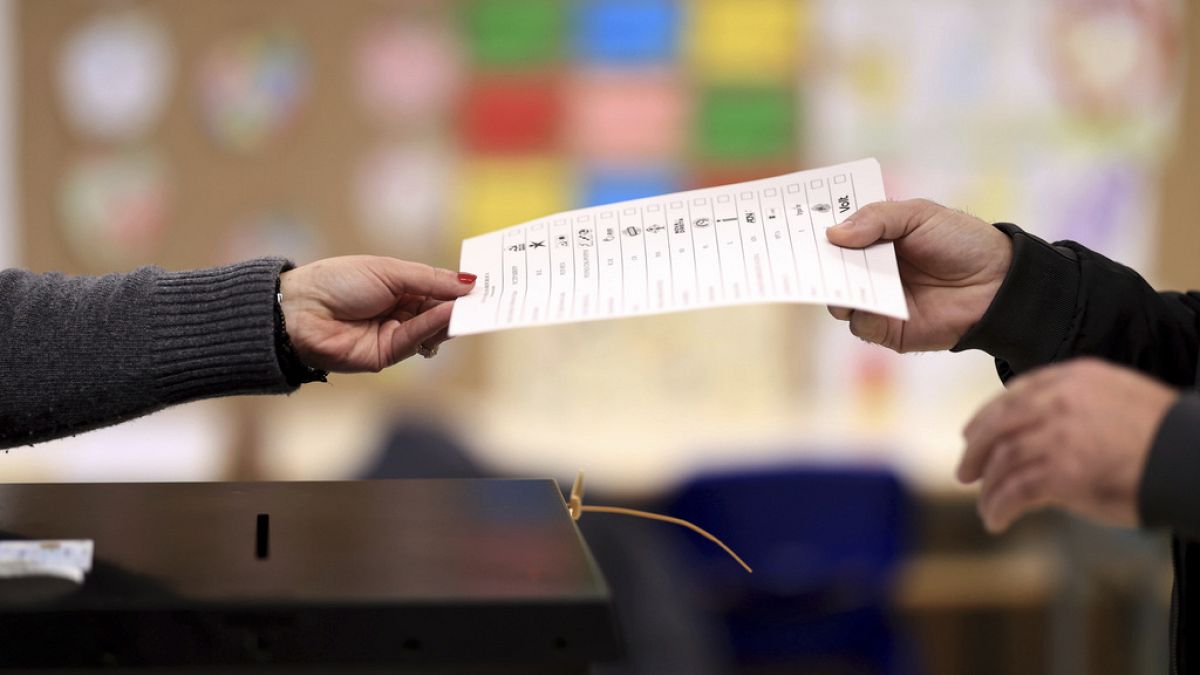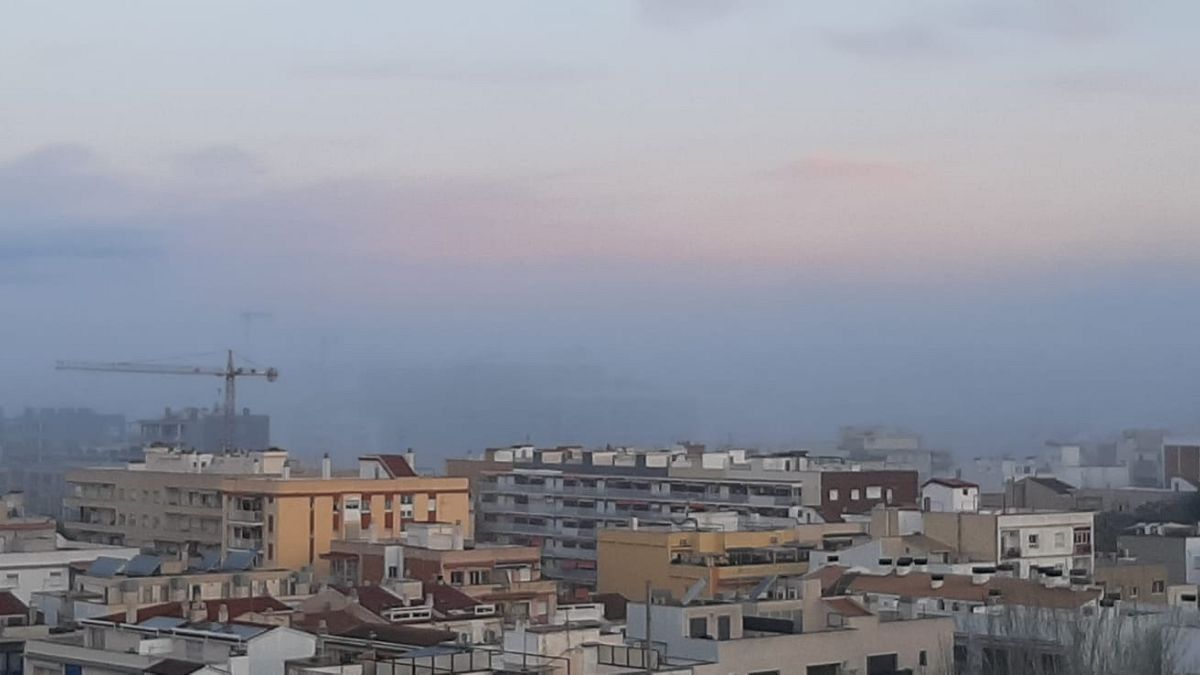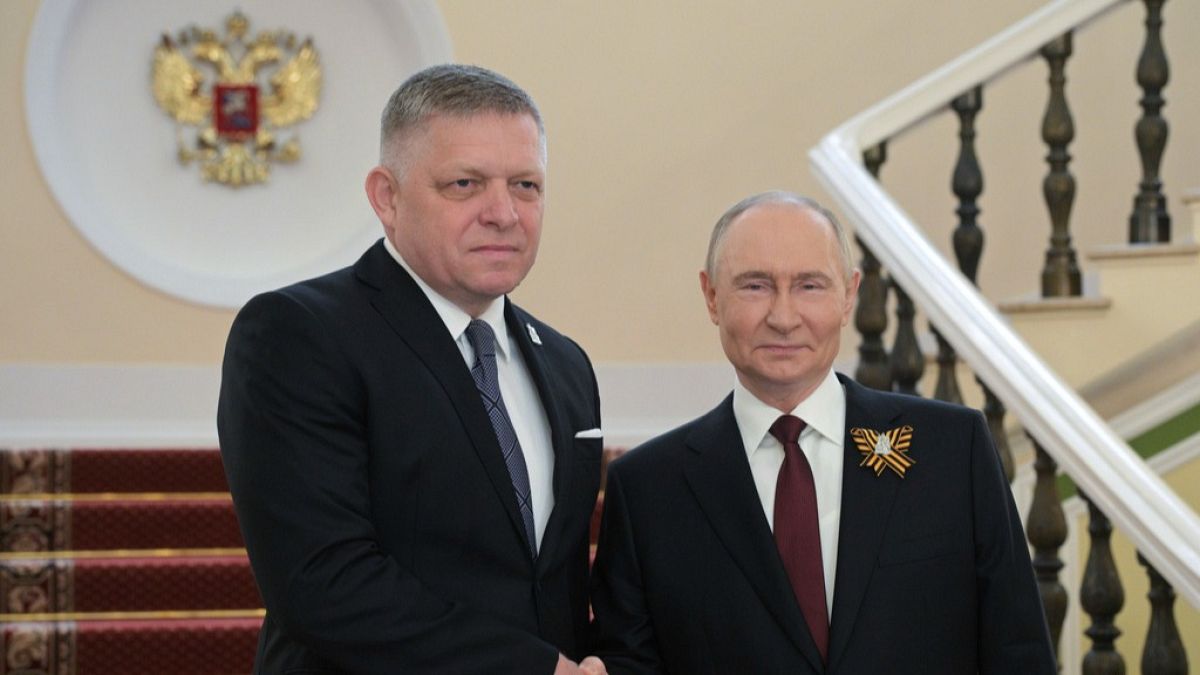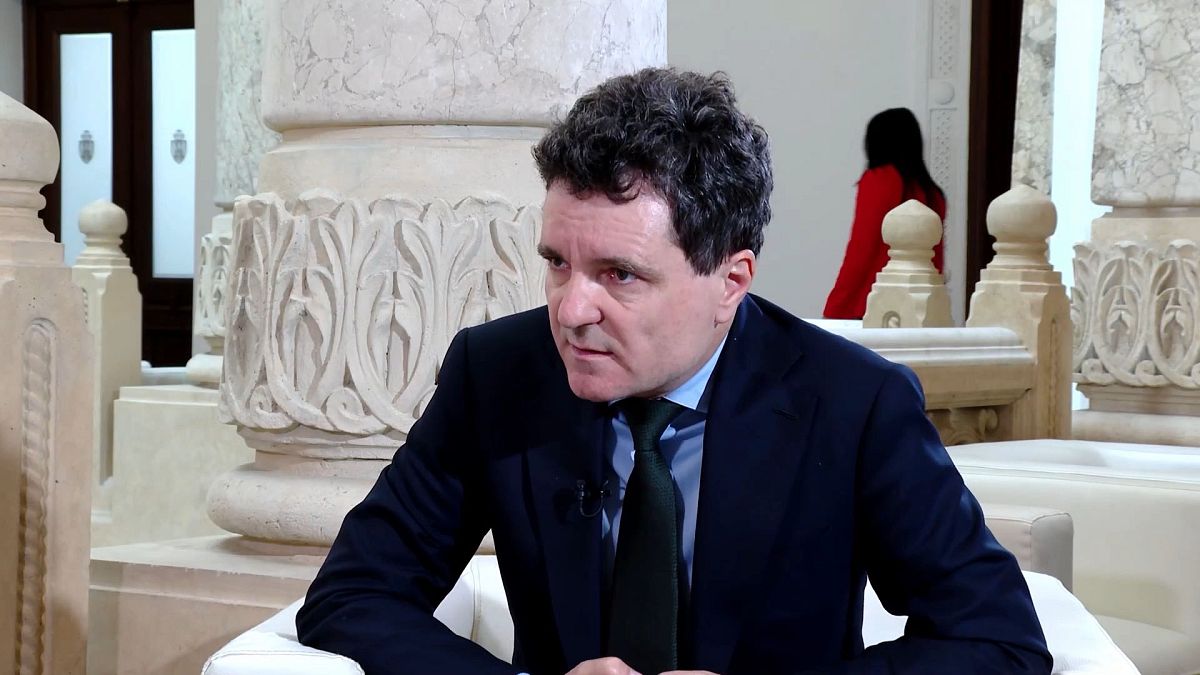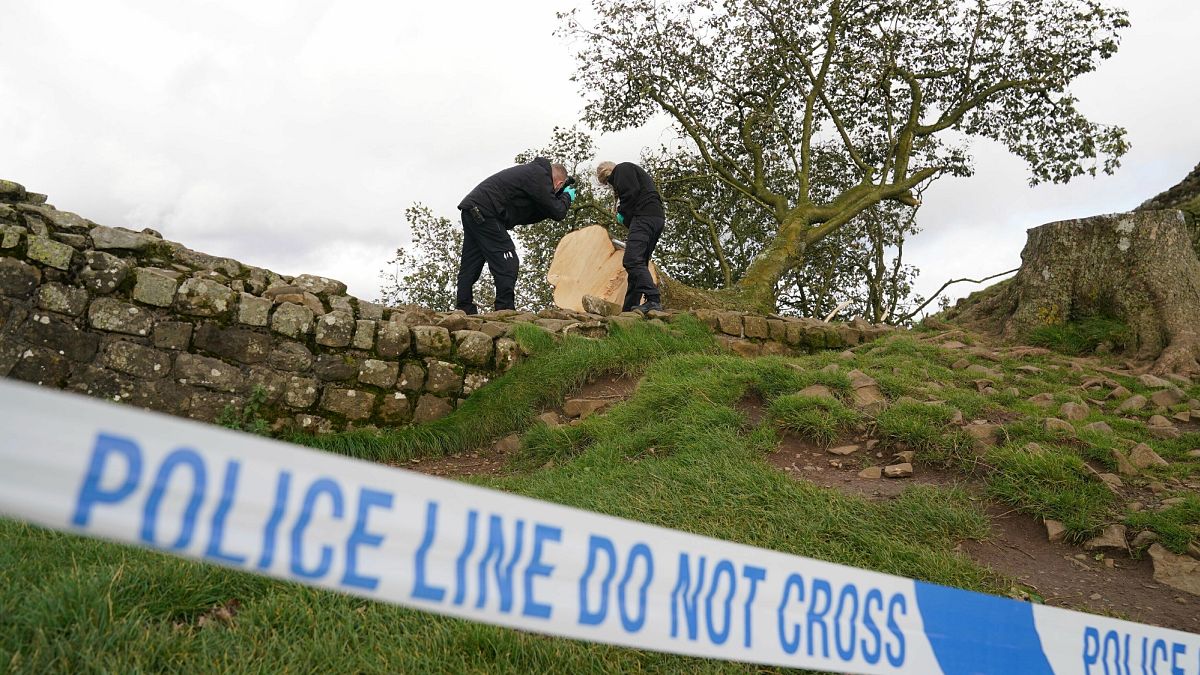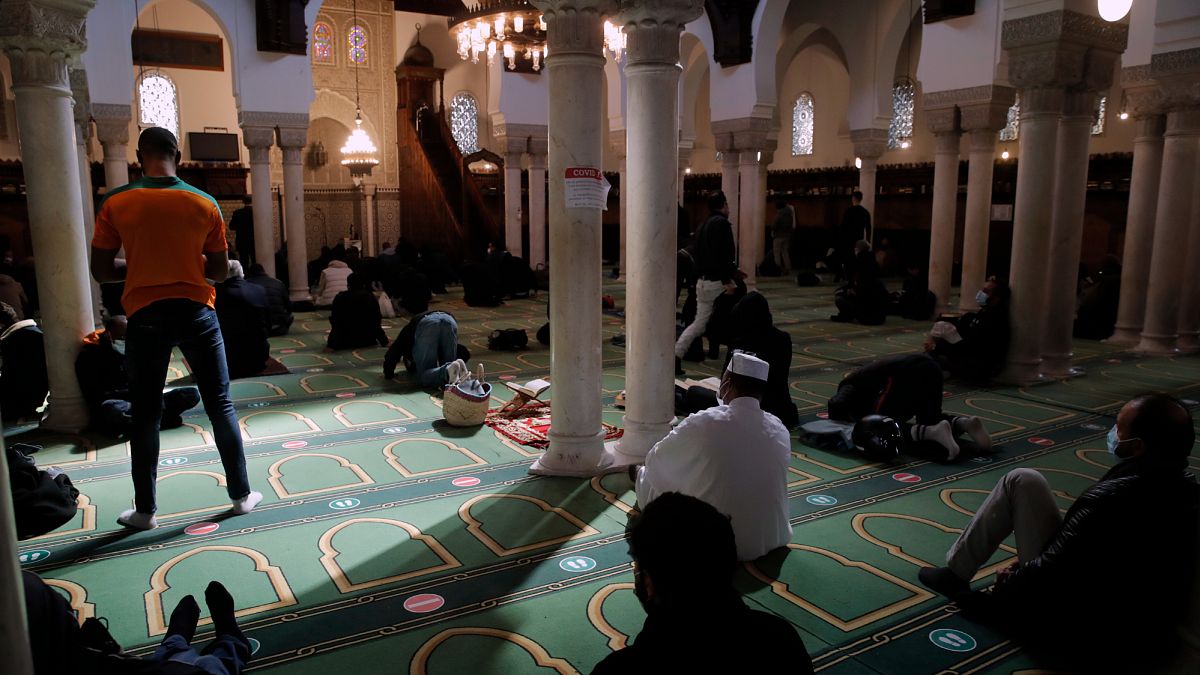President of the European Council António Costa has sought to reassure EU candidate countries in the Western Balkans by saying that the continent’s future stability and prosperity depends on the enlargement of the bloc.
Speaking ahead of a tour of the region, Costa promised them that the EU was dedicated to relaunching the accession process, which has stalled of late, in part due to the hesitation of member states.
In an exclusive interview with Euronews, Costa also urged candidate countries to commit to reforms.
At the heart of his mission to the Western Balkans is the need for Brussels not to lose strategic control over a key region.
“Russia’s invasion of Ukraine has sped up the accession process for Ukraine and Moldova, so it is not fair to the countries of the Western Balkans to be overtaken by Ukraine and Moldova, and this will push them to move faster with reforms,” he told Euronews on the eve of his diplomatic tour of the six Western Balkan countries.
The European Council president’s first stop will be Serbia, a country that has been mired in political crisis for several months.
The same day, Costa will also visit Bosnia-Herzegovina, before meeting both Montenegro and Kosovo’s heads of state and government on Wednesday.
The following day he will visit Northern Macedonia. His final stop will then be Albania, where he will take part in the European Political Community (EPC) summit on Friday in Tirana.
European security at the heart of EU concerns
The EPC is an intergovernmental political strategy forum bringing together over forty European countries, which was created in 2022 following the Russian invasion of Ukraine.
EU expansion in the Western Balkans will be high on the agenda at summit because of the growing instability in the region.
The leaders of EU member states fear that outside powers are establishing their foothold in a region that is an integral part of Europe.
“On the European Council side, there is a broad political consensus that enlargement is the most important geopolitical investment that can be made for the stability, peace and prosperity of the whole of Europe, including the countries of the Western Balkans,” said Costa.
The president of the European Council noted that “the countries of the EU and the Western Balkans share a common vision, since they belong to the European family”.
“This is why we need to work so that they can formally join this family, within the European Union,” he added.
Serbia, a pivotal country?
The Serbian political crisis is a source of concern for both the EU and NATO.
Serbian President Aleksandar Vučić was the only leader from an EU candidate country to take part in the Second World War commemorations in Moscow on 9 May. The only member state leader present was Slovak Prime Minister Robert Fico.
Vučić and Fico thus broke the boycott of the celebrations imposed against the Kremlin by Western countries. Similarly, Serbia never joined the sanctions against Russia imposed by the EU following the invasion of Ukraine.
For many Serbs, their country, which was at the time part of Yugoslavia, is indebted to the Soviet Union for having been liberated by the Red Army in 1945. Vučić’s presence at the Moscow celebrations was not necessarily a sign of his support for the Kremlin’s cause in its war in Ukraine.
President Vučić’s government has been rocked by months of demonstrations in Belgrade and other cities across the country. Protesters accuse his regime of corruption and of restricting political and media freedoms.
Last week, the European Parliament pleaded the cause of the student demonstrators in Serbia.
In Strasbourg, EU politicians approved by a large majority a non-binding report on Serbia drafted by Croatian Socialist Tonino Picula. For the MEPs, despite some economic progress, Belgrade is still lacking in terms of internal political dialogue, the rule of law and the fight against corruption.
During a working meeting with the President of the European Commission Ursula von der Leyen last month, Vučić “was very clear on the formation of a new government and on the approval of three essential reforms: the electoral law, freedom of the press and the fight against corruption”, said Costa.
The European Council president stressed that “enlargement is first and foremost a process of internal reform”.
Commenting on Vučić’s presence in Moscow and the political tensions in Serbia, Costa said one of the conditions for accession was common foreign policy between the EU and prospective member states.
However, he added: “On 9 May in Moscow, we celebrated an event of the past. Serbia’s future lies in Europe.”
What is the timetable for accession to the EU?
European institutions have often indicated 2030 as the target date for the first accessions to the EU, notably those of Albania, Montenegro and Serbia. However, Brussels is now only talking about Albania and Montenegro.
“I don’t have a fixed date. Why 2030? And why not before? Accession is a process based on merit. If the countries carry out the reforms, they could even join before 2030,” said Costa.
“But it is precisely the merits that can change. Albania and Montenegro are clearly more advanced than the other countries.”
Nevertheless, Russia’s war in Ukraine has led to a resurgence of tensions in the Western Balkans, particularly in relation to the tensions in Bosnia and between Serbia and Kosovo.
“I know of no better incentive to overcome the conflicts that are still open than this perhaps unique opportunity, which is membership of the European Union. It is the best condition to offer the countries of the Western Balkans, an opportunity for prosperity that they would be hard pressed to find elsewhere,” Costa said.
According to numerous opinion polls, a majority of Serbs have lost interest in the EU because of the bloc’s hesitation over expansion.
“The most important thing is to understand the meaning of the European Union. Last week, we celebrated the 75th anniversary of the Schumann Declaration, the first step towards today’s Union,” Costa noted.
“What really built the EU was the will to overcome the wounds of history,” he concluded.


